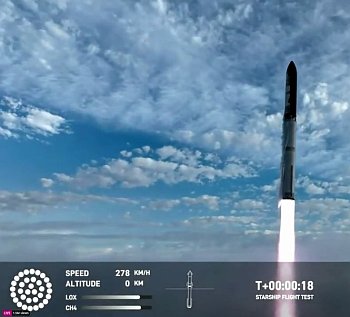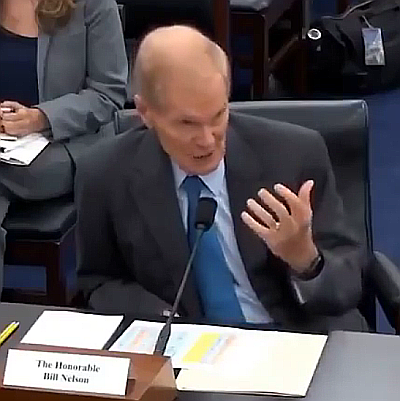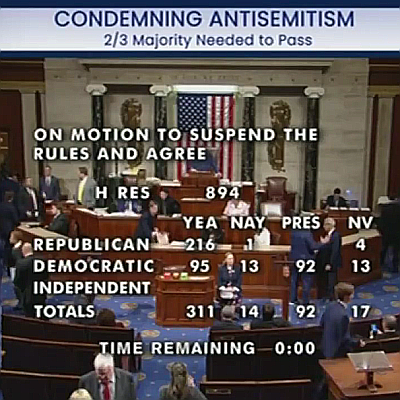More evidence SLS and Orion are on the way out
An article today by a local Fox station in Orlando calling NASA’s decision to fly the next Artemis mission using the Orion capsule as a return to the bad culture that caused both shuttle accidents is strong evidence that the political winds are now definitely blowing against the future of both NASA’s SLS rocket and its Orion capsule.
The article interviews former NASA astronaut Charles Camarda, who expressed strong reservations about NASA’s willingness to make believe the failures of the Orion heat shield on its only test flight could be dismissed.
“The way they’re attacking the problem is echoes of Challenger and Columbia, using exactly the same bad behaviors to understand the physics of the problem,” [former astronaut Charles Camarda] said. “They’re not using a research-based approach.” Camarda worries NASA is pressing ahead with the current heat shields because he says “a lot of the engineers are afraid to speak up, and that’s a serious problem.”
The point is not the article itself, but that a mainstream propaganda news outlet is publishing this perspective. This fact suggests that there is a growing willingness within the political community to end both SLS and Orion, and articles such as this are used to strengthen that narrative. Politicos in DC have a great fear of canceling big projects, and for them to agree to do so requires a great deal of groundwork to make sure the public will accept the decision. Articles such as this one are thus published in the propaganda press for exactly this reason.
In other words, the Washington swamp has now begun its own campaign to cancel SLS and Orion.
An article today by a local Fox station in Orlando calling NASA’s decision to fly the next Artemis mission using the Orion capsule as a return to the bad culture that caused both shuttle accidents is strong evidence that the political winds are now definitely blowing against the future of both NASA’s SLS rocket and its Orion capsule.
The article interviews former NASA astronaut Charles Camarda, who expressed strong reservations about NASA’s willingness to make believe the failures of the Orion heat shield on its only test flight could be dismissed.
“The way they’re attacking the problem is echoes of Challenger and Columbia, using exactly the same bad behaviors to understand the physics of the problem,” [former astronaut Charles Camarda] said. “They’re not using a research-based approach.” Camarda worries NASA is pressing ahead with the current heat shields because he says “a lot of the engineers are afraid to speak up, and that’s a serious problem.”
The point is not the article itself, but that a mainstream propaganda news outlet is publishing this perspective. This fact suggests that there is a growing willingness within the political community to end both SLS and Orion, and articles such as this are used to strengthen that narrative. Politicos in DC have a great fear of canceling big projects, and for them to agree to do so requires a great deal of groundwork to make sure the public will accept the decision. Articles such as this one are thus published in the propaganda press for exactly this reason.
In other words, the Washington swamp has now begun its own campaign to cancel SLS and Orion.












